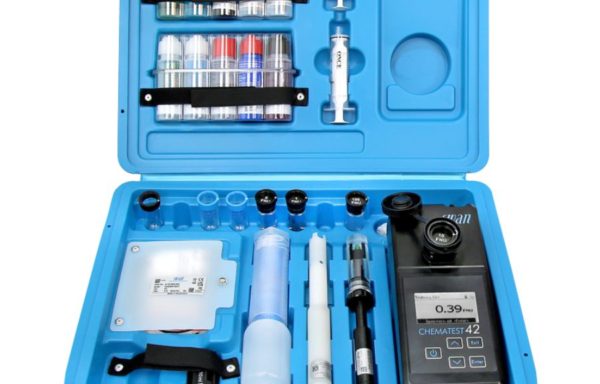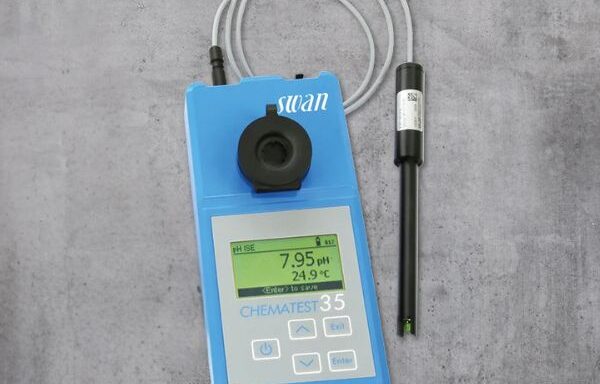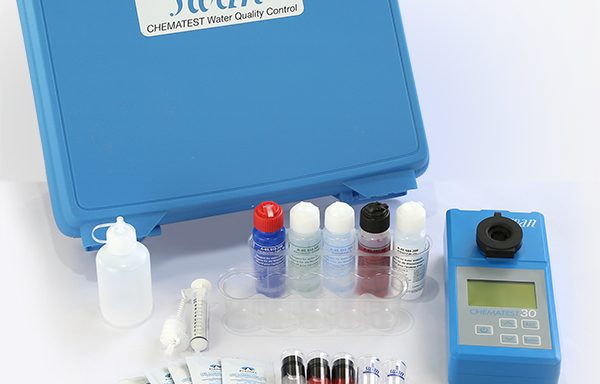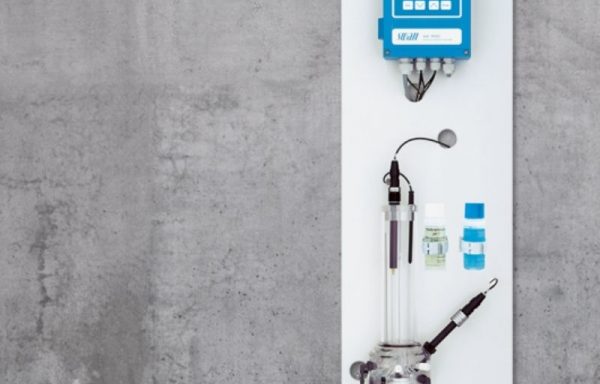What is Iodine?
Iodine is a chemical element with the symbol I and atomic number 53. It belongs to the halogen group in the periodic table, making it one of the nonmetallic elements. Iodine is distinguished by its nearly black crystalline solid form at room temperature and has a propensity to sublime into a dense violet vapour when heated. It is the heaviest nonradioactive member of the halogen family. Iodine is known for its strong electropositive characteristics and is less reactive compared to other halogens. It plays a crucial role in biological functions, particularly in the synthesis of thyroid hormones in humans and animals. Additionally, iodine has extensive applications in medical disinfection, nutritional supplements, and various industrial processes.
Monitoring Iodine in Water
Monitoring iodine levels in water is essential for various health and environmental reasons. Iodine is a critical nutrient required for the synthesis of thyroid hormones, which are important for metabolism and growth. However, both deficiency and excess of iodine can lead to health issues, making the monitoring of its levels in drinking water vital. The significance of this monitoring is underscored by research showing patterns of iodine elimination in patients treated with Na131I, highlighting the body's mechanisms for managing iodine levels through blood, saliva, and urine.
Research into iodine speciation during water purification processes further illustrates the complex nature of iodine behaviour in water systems and the necessity for comprehensive monitoring strategies.
Online Iodine Analysers




